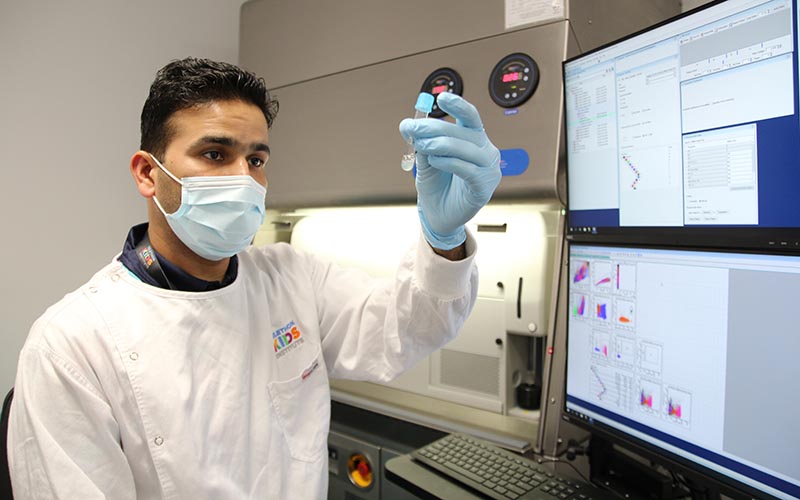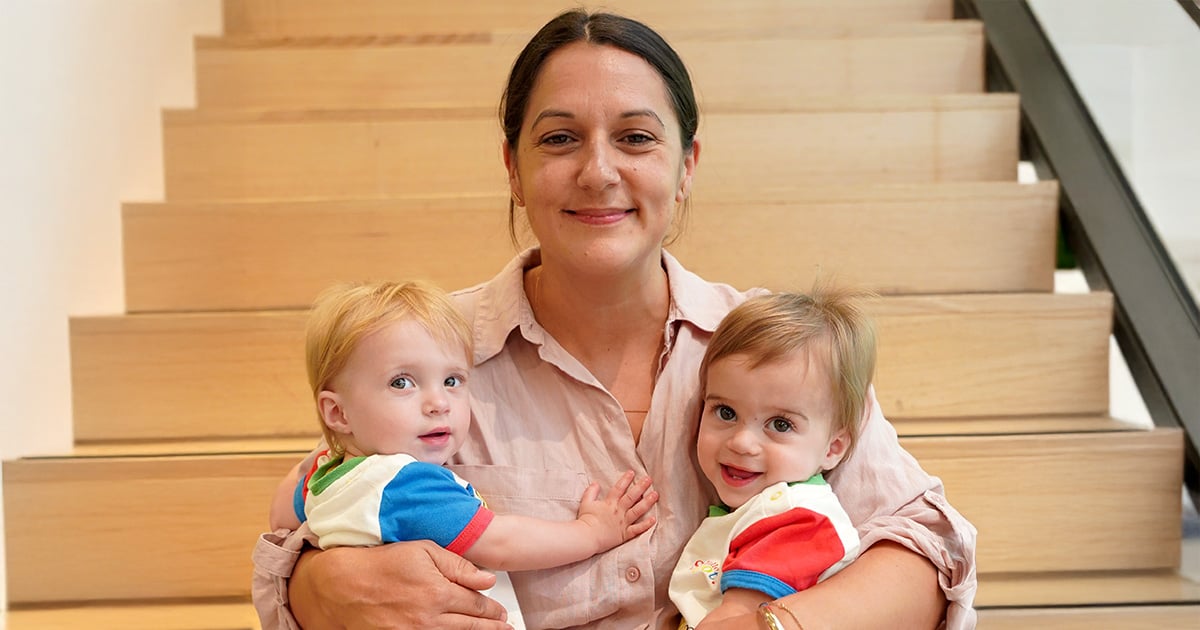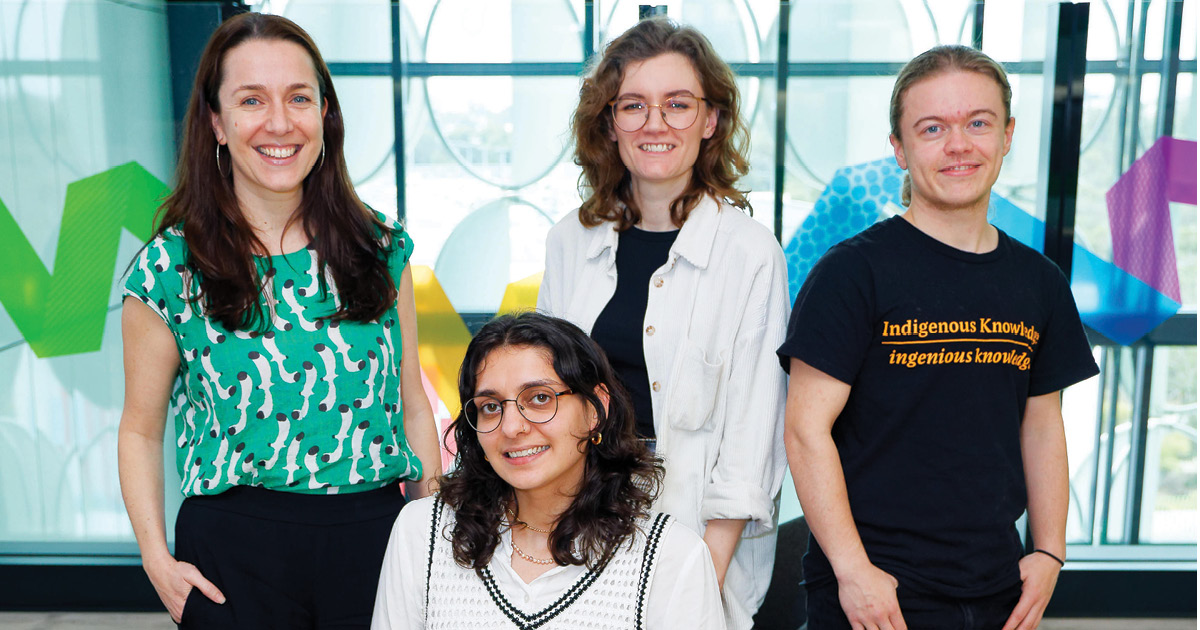Search
Research
Corrigendum to “A Phase III, multicenter, randomized, double-blind, active comparator-controlled study to evaluate the safety, tolerability, and immunogenicity of V114 comparedPeter Richmond MBBS MRCP(UK) FRACP Head, Vaccine Trials Group Head, Vaccine Trials Group Professor Peter Richmond is Head of the Vaccine Trials Group
Research
Breastfeeding patterns and total volume of human milk consumed influence the development of the infant oral microbiomeThe oral microbiome of breastfed infants is distinct from that of formula-fed infants. However, breastfeeding characteristics, such as time spent breastfeeding (min/24 h), breastfeeding frequency (number of breastfeeds per day), and human milk intake (ml/day) vary significantly between breastfeeding dyads.

Within the Institute, we have a commitment to the highest standards of research with pro-active staff ensuring the lab environment is safe and secure.

Flow cytometry is a technology used to measure complex cell phenotype and functions. Our Flow Facility is equipped with 3 flow cytometers/analysers, one...

An Australian-first study, funded by Perth Children's Hospital Foundation, demonstrating the effectiveness of a new immunisation against respiratory syncytial virus (RSV) for babies found it to be almost 90 per cent effective in reducing hospitalisation rates.

Alarming statistics laying bare the social emotional wellbeing and mental health challenges facing Aboriginal and Torres Strait Islander LGBTQA+ youth are driving a multi-partner program to provide them with greater support.
Research
Suppressing recurrence in Sonic Hedgehog subgroup medulloblastoma using the OLIG2 inhibitor CT-179OLIG2-expressing tumor stem cells have been shown to drive recurrence in Sonic Hedgehog (SHH)-subgroup medulloblastoma (MB) and patients urgently need specific therapies to target this tumor cell population.
Research
Impact of the Play Active policy intervention on early childhood educator's sedentary behaviour-related practices, psychosocial influences and meeting policy recommendationsHigh levels of sedentary behaviour are associated with poor child health outcomes such as obesity. Early childhood education and care (ECEC) services are a key intervention setting. Most ECEC policy-based interventions focus on children's nutrition and physical activity with few aimed at children's sedentary behaviour.
Research
Overnight monitoring of sleep biomechanics: A scoping reviewBody position and movement during sleep is assessed for both clinical and research purposes. A diverse array of both assessment tools and classification systems are used to capture and code sleep biomechanics data.
Research
Mapping outdoor alcohol advertising around waterways in an exploration of where and what the advertisements featureIn Western Australia (WA) social activities occur in aquatic environments where alcohol promotion and consumption may be prevalent creating an aquatic alcogenic environment. This poses a challenge for drowning prevention efforts.
